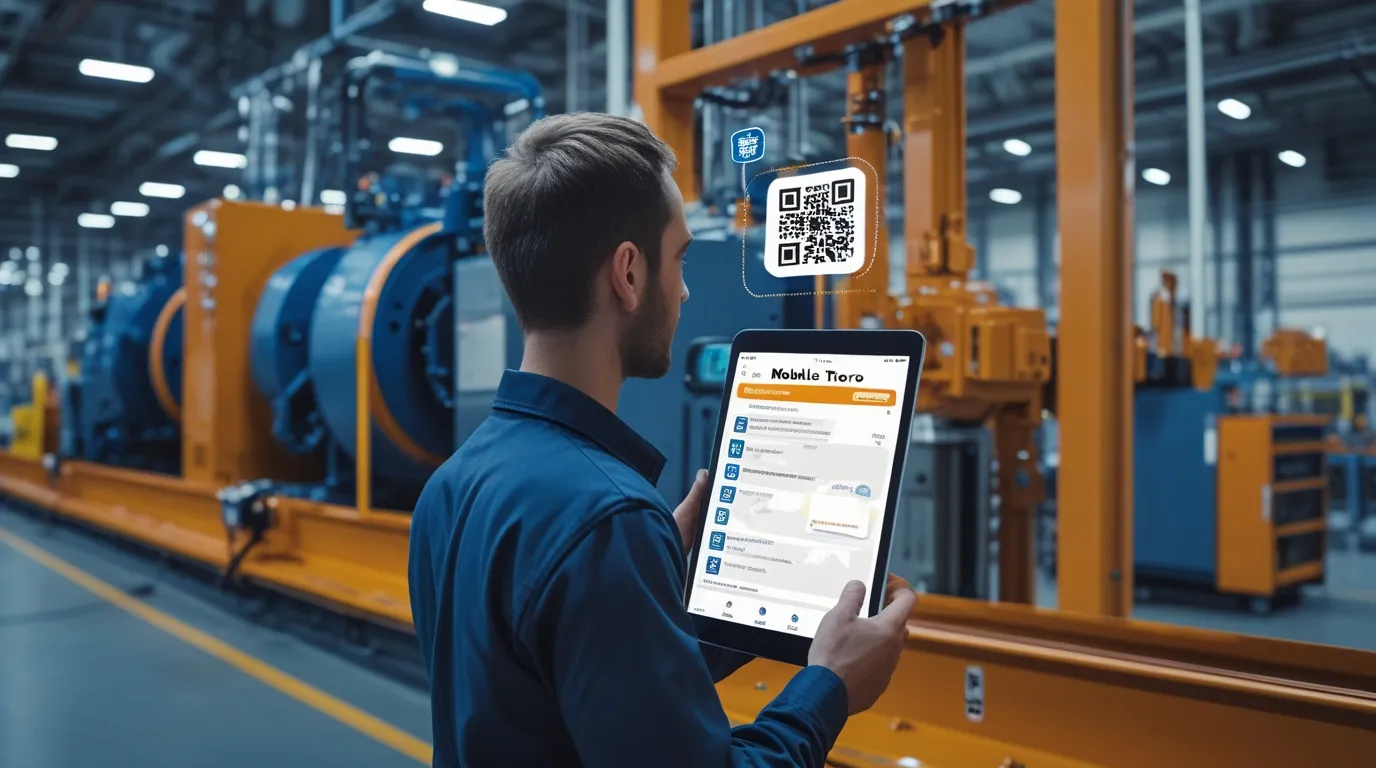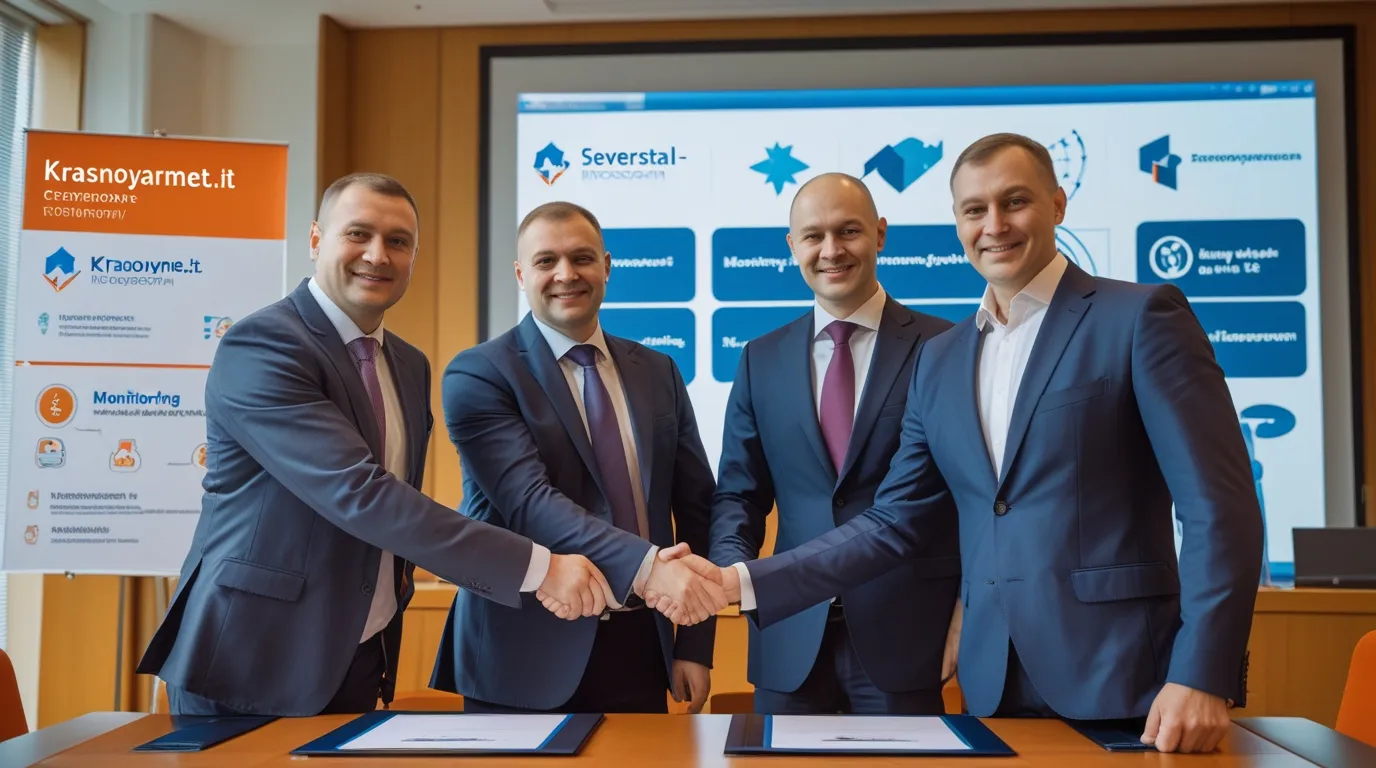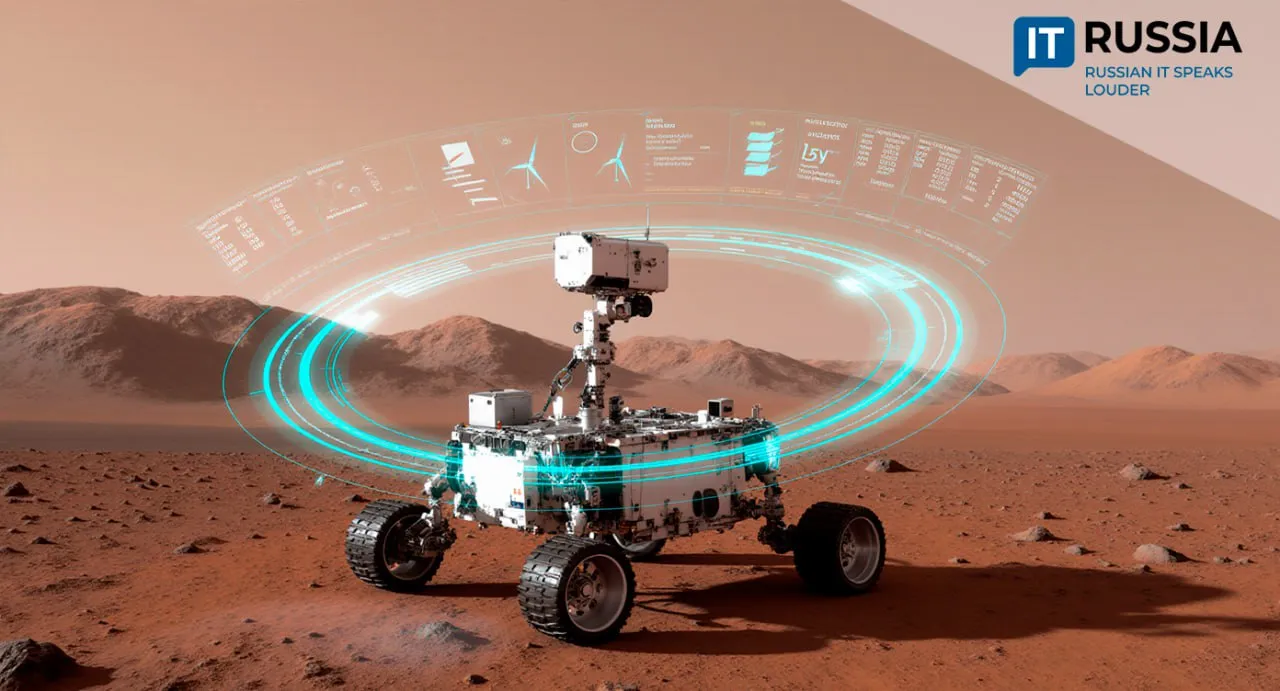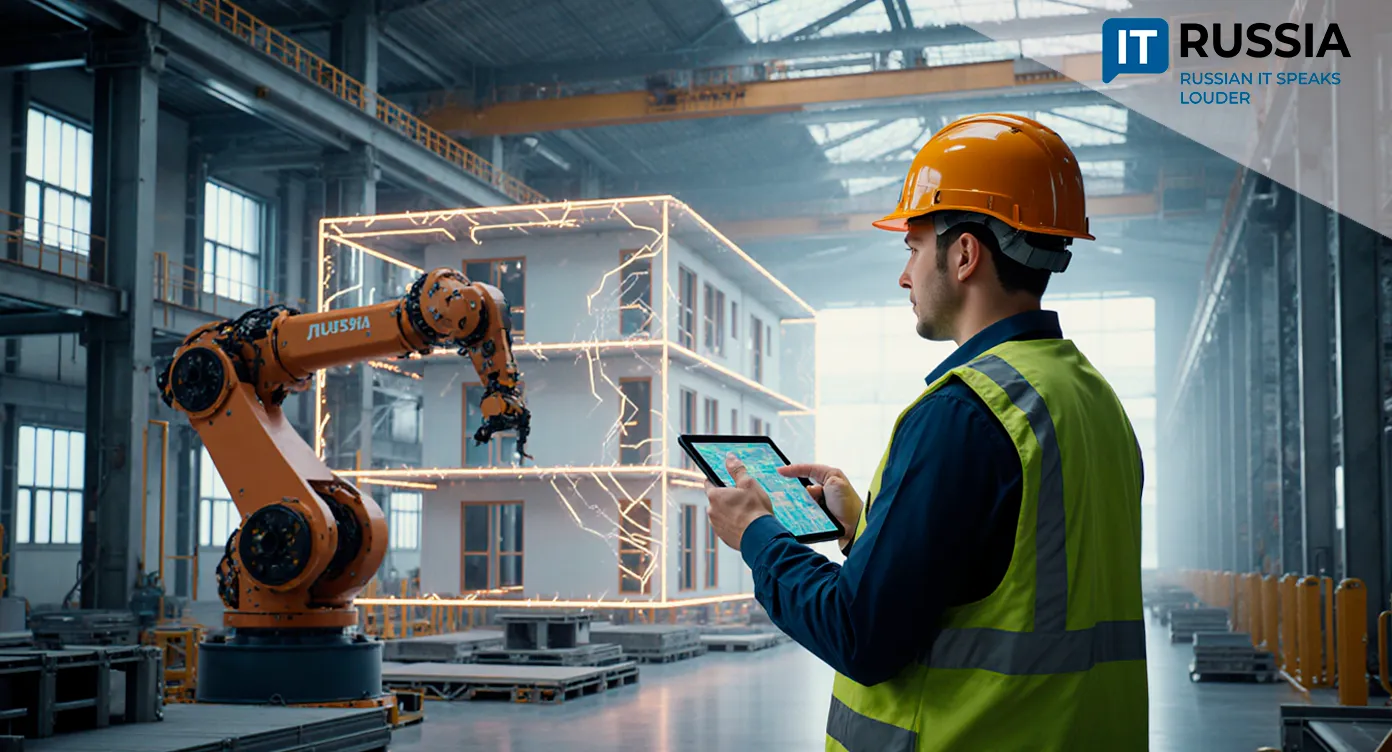Digital Steel: Forging the Future of Metallurgy Through Code
Russia’s metallurgical industry is shifting away from foreign software as domestic developers accelerate the creation of homegrown digital solutions. A new strategic partnership between IT firm Krascvetmet.IT and Severstal’s technology division, Severstal-Infocom, marks a decisive step toward the digital independence of the nation’s steel sector.

AI, Smart Vision, and MES for Steelmaking
Under the partnership, Severstal-Infocom will implement a suite of software solutions developed by Krascvetmet.IT, including the MES production management system Metallurgy, the IPS integrated production planning module, and maintenance and repair tools such as Reliability, Mobile MRO, and Monitoring and Diagnostics. Complementing these are AI-driven products like Smart Model, Smart Vision, and Smart Scheduler—systems already tested within the Industrial Competence Center for Metallurgy.
These technologies leverage artificial intelligence, machine vision, and predictive analytics to improve process efficiency, minimize downtime, and optimize energy use.

Partnership as a Driver of Industrial Innovation
This collaboration reflects a broader transformation within Russia’s industrial IT landscape. Large holdings such as Severstal are no longer passive consumers of software—they are now active co-creators. Internal IT divisions, like Severstal-Infocom, are not only adopting third-party solutions but also developing proprietary platforms and participating in the standardization of best practices, following the national Digital Steel initiative.
This shift reduces dependence on foreign vendors while strengthening a resilient IT infrastructure tailored to the realities of Russian manufacturing. It also encourages healthy competition among domestic IT firms, improving product quality and advancing technological self-sufficiency.
Digital Collaboration for National Growth
Beyond industrial impact, projects like this create indirect benefits for society. Increased production efficiency reduces operational costs and accident rates while improving environmental outcomes through optimized processes.
For the country as a whole, such initiatives accelerate digital transformation, generate high-tech jobs, and reinforce technological independence. In the long term, these solutions could even be exported to other industrialized nations seeking reliable, cost-effective digital manufacturing tools.
The Economics of Digital Transformation
The key challenge remains financial sustainability. Digitizing metallurgical operations requires substantial capital investments, and the payoff is not immediate. That is why most partnerships begin as pilot projects with clear KPIs—reducing maintenance times, increasing equipment utilization, and cutting unplanned downtime. Successful examples, such as those implemented at Metalloinvest and Norilsk Nickel, show that a positive ROI can be achieved within 12–18 months if executed properly.

Equally critical is the human factor. Metallurgical enterprises are traditionally conservative, and employees often resist change. Effective change management—early involvement, continuous training, and internal ‘digital ambassadors’—is essential. Severstal invests heavily in employee training and the digital upskilling of engineers and operators, reducing resistance and improving the success rate of new implementations.
Technical complexity remains a significant risk. Integrating new software into existing production cycles demands high fault tolerance and seamless interoperability. Foreign solutions may still have a functional edge, while sanctions have limited access to even legally available components, forcing full localization of the technology stack.
From Local Projects to Global Reach
Over the past few years, Russia has developed a robust ecosystem for industrial software. Key contributors include Industrial Competence Centers (ICCs) established at universities and enterprises. For example, the Digital Industry ICC at Peter the Great St. Petersburg Polytechnic University focuses on machinery and energy solutions, including digital twins for turbines.

Government programs such as Digital Industry and Digital Transformation have supported nationwide projects—from implementing MES and PLM systems at Rostec plants to deploying 1C:ERP at KAMAZ factories and developing the KONTR SCADA system for Rosatom. The cumulative experience, including projects like the digitalization of NLMK using Gazprom Neft’s solutions and the creation of the industrial IoT stack Natsimobil, demonstrates that Russian companies increasingly rely on domestic, industry-specific software. If these new solutions prove globally competitive, they may find markets in Asia, the Middle East, and Africa, where demand for adaptable industrial IT products continues to grow.
Independence Through Code
The Krascvetmet.IT and Severstal-Infocom partnership is more than a technical collaboration—it represents a systemic effort to strengthen national technological sovereignty and boost the competitiveness of Russian industry. Over the coming years, similar cooperations will likely become the norm, with success depending on a balance between technological capability, economic feasibility, and human capital.










































